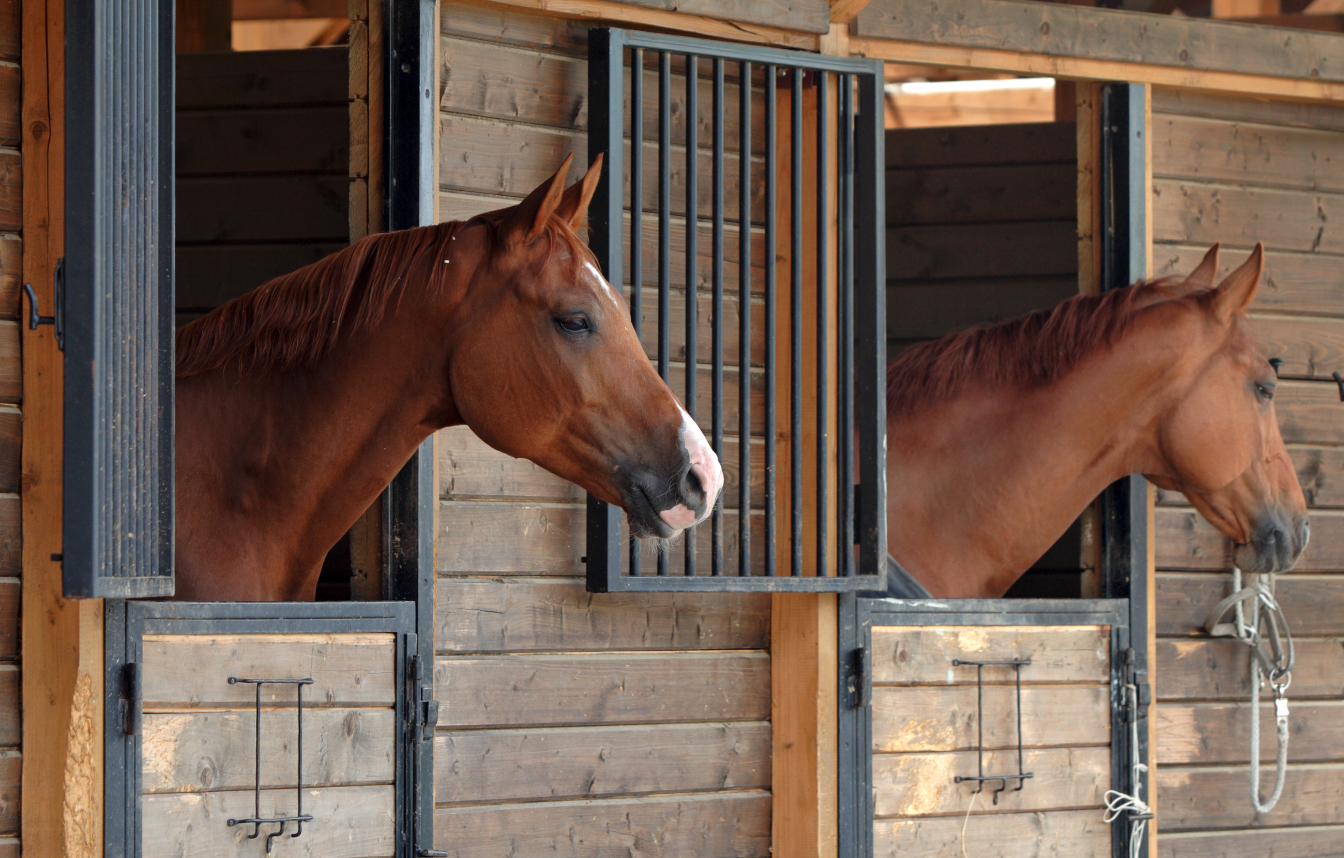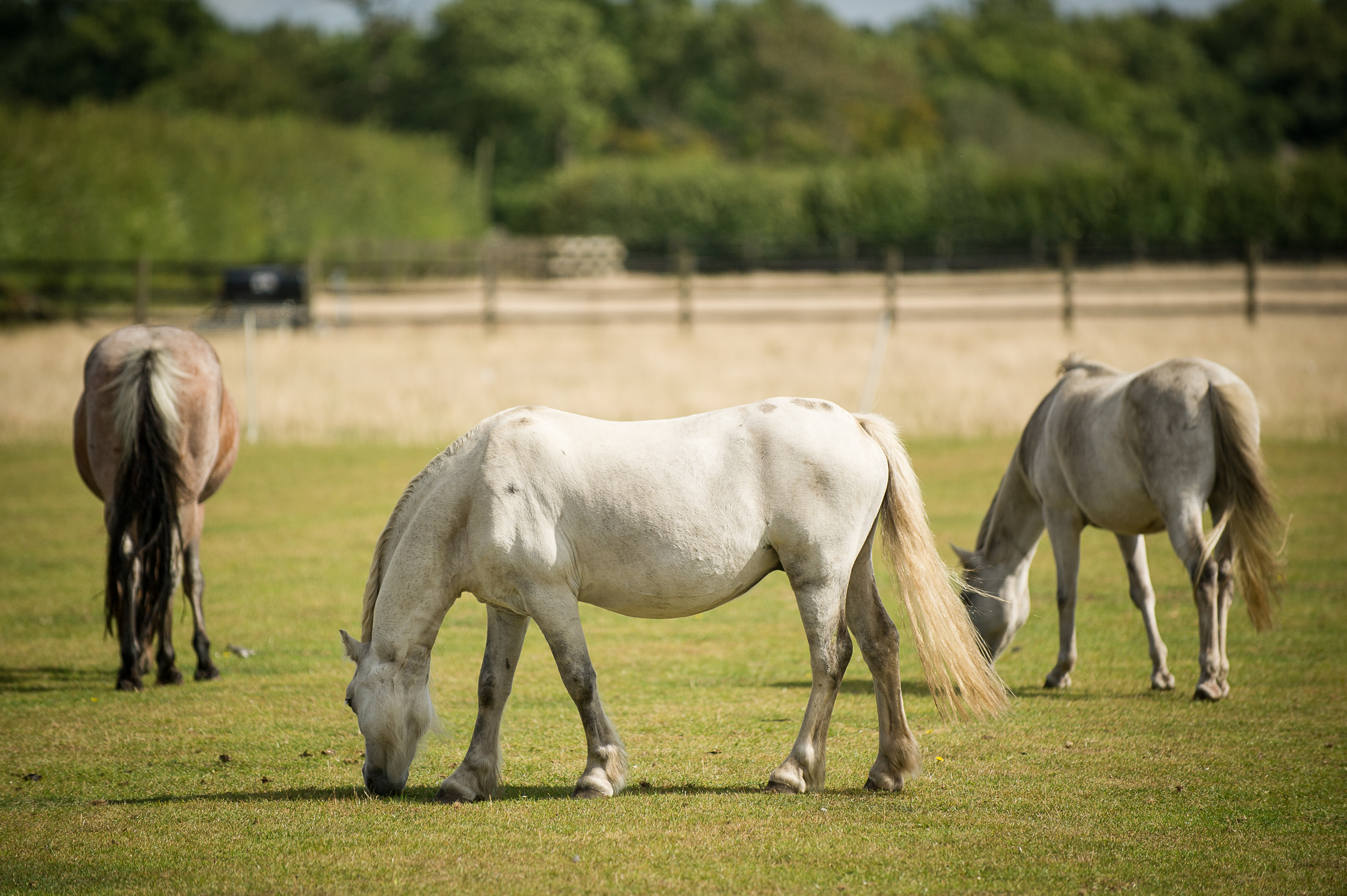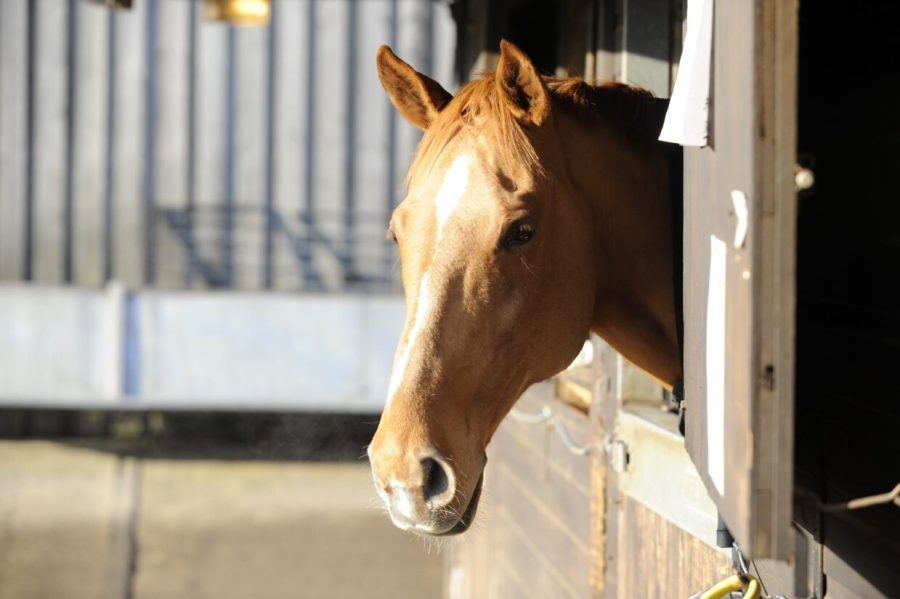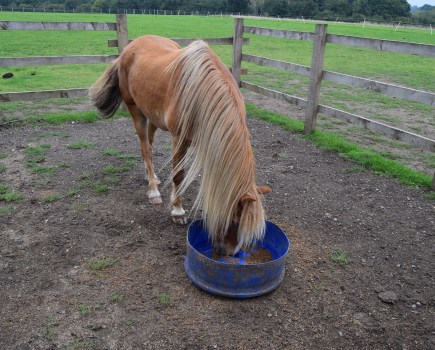Advertisement feature
While owning a horse can bring a lot of pleasure, they’re not the cheapest animal to own and are a big commitment, and while we all know that it’s expensive to own a horse, that doesn’t really help when it comes to working out a budget. So, how much does it cost to own a horse?
People often think that the main expense is the initial cost of buying the horse, but while it can cost a lot to buy one, the true costs are ongoing. The average cost of buying a horse in the UK is around £4,000, but it varies a lot depending on the horse’s age, pedigree, training and experience, etc.
With this in mind, The Insurance Emporium has put together a rundown of some of the things you’ll need to factor in if you’re thinking of buying a horse.
Livery fees
Unless you have your own land or own a paddock big enough for a horse to live in, then livery charges will be your biggest monthly outgoing. Livery yard costs can include the use of a tack room, jumps, schooling arenas and general maintenance.
The cost of livery, facilities a yard offers and services it provides varies depending on where in the UK you live and the kind of livery you want. As a general guide:
- Grass livery can cost around £20 – £25 a week
- DIY stabled livery (where you are responsible for all the horse’s care) can cost around £30 – £40 a week
- Full livery (where all your horses needs are catered for by the livery yard) can cost around £100 – £150 a week
There are other options too. Some yards will offer part livery — where they look after the horse and you do all the riding — and assisted DIY, so you only need to visit the yard once a day.
Some full livery includes riding, while at other yards it doesn’t. Yards will interpret the name of the type of livery they offer differently, so make sure you know exactly what you’re paying for before you commit.
It’s worth checking if local farmers have fields available to rent too. This may cost as little as £10 a week in some areas of the UK, but bear in mind you will probably be responsible for your own maintenance, muck removal etc, and it may need investment from you to make things like fencing and field shelters suitable for horses.

Feed, forage and bedding
If your horse isn’t on full livery, then you need to factor in their ‘bed and breakfast’. They’ll need straw, shavings or similar for bedding.
Straw is cheaper, at around £3.50 per bale, but some horses eat it; some yards specify that only shavings should be used.
There are other bedding materials such as paper to consider too. Rubber mats are around £35.00 each, and you’ll need 6 for a space measuring 12ft by 12ft.
While this means the initial cost will be higher, it works out as being more economical in the long run, as you can use less bedding.
Hay/haylage costs around £60 a month, depending on how much forage your horse needs and the time of year. Price may vary depending on where you live too.
Stabled horses will need forage all year round, but horses that are turned out all-year round may only need it in the winter.
Many horses will need hard feed to ensure they are eating a balanced diet too, which can cost up to £40 a month.
This will also depend on the size/type/activity level of your horse and doesn’t take into account any special dietary needs.
How much does it cost to own a horse: general care costs
Other costs to factor in when considering how much it costs to own a horse are:
Farrier for hoof care
Horses’ hooves grow quickly, so they need regular visits from a farrier. The average horse needs shoeing every 4-6 weeks and costs between £50-£85 (maybe more), depending on individual requirements and where you live in the UK. Trimming hooves can cost around £25-£30.
Dentistry for healthy teeth
As a minimum, horses need annual teeth check-ups from a qualified equine dental technician or a vet, with a regular visit costing £50-£70. Of course, if your horse has problems with their teeth more visits will be needed.
Worm testing
Regular worm tests should be carried out. A yearly testing package can cost around £40. If it is found necessary to worm your horse as a result of testing, a wormer costs around £10-£15 on top of testing costs.
Vaccinations and tetanus jabs
Every horse should be vaccinated for equine flu and tetanus, even if they don’t go to competitions. Yearly or biannually (depending on whether you compete and which body you are affiliated with) cost from £50 each, plus a vet call out fee.
Many veterinary practices offer vaccination schemes where they visit an area on a certain day to jab all horses that are due a vaccination and don’t charge a call out fee, which can save a lot of money.
Tack and rugs
When you buy a horse, one of the first things you will need to do is invest in a well-fitting saddle and bridle, as well as any rugs they will need, which is likely to vary from season to season.
A fly rug and lightweight turnout rug in summer and a mediumweight turnout and a fleece rug in winter, for example.
Once you have purchased a saddle, ideally from a qualified saddle fitter, it will need annual checks to ensure it is still a good fit and not causing your horse any pain.

Extra costs of owning a horse
It’s often a good idea to factor in an extra £1,000 a year at least for extras such as:
- Tack and rugs repairs and replacements
- Grooming tools/products
- Physio
- Riding lessons
Always expect the unexpected too. For example a period of box rest will make your bedding and forage costs higher and any broken fencing will need repairing.
If you compete, there will be competition costs and memberships to governing bodies to factor in, and if you have your own transport — a trailer or horsebox — these will require regular checks and maintenance too, which quickly eat into your budget.
Alternatively you may choose to hire transport if you don’t compete often. Consider sharing with a friend to keep costs down.
Insurance fees
Costs quickly add up if your horse is ill or has an accident, and many owners prefer to take out a horse insurance policy for their horses to cover any unexpected events.
Horse insurance through The Insurance Emporium covers death, theft and straying as standard, but you can also choose from a range of optional benefits, including vets fees and public liability.
The cost will vary depending on the type of cover you choose and what activities you plan to do with your horse.
It is wise to have public liability at the very least, so that you have cover in the event you are involved in an incident involving another member of the public.
Personal injury cover for riders is also available, which can offer some protection in the event that you are injured while riding and have to take time off work or worse.
So, how much does it cost to own a horse?
The cost of owning a horse depends on many things including where you live, the age of the horse, its breed and level of training. It also depends on where you buy the horse.
Hopefully this quick summary has given you a rough idea of the costs involved; it’s always better to over-budget than under-budget.
The Insurance Emporium has years of experience of providing horse insurance you can rely on, from as little as £2.22* per lunar month, for all horses under the age of 20, from just 31 days old. (For older horses, take a look at our veteran horse insurance).
Take a look at our website and get a free, no obligation quote straight from the horse’s mouth!
*Lunar monthly premium based on a horse under 20 years old valued at £500 on a Type of Use 1 policy, with the customer located in York and including an introductory discount. However, if that horse was valued at £15,000, the policy would cost £63.47 per Lunar Month.
All content provided on this blog is for informational purposes only. We make no representations as to the accuracy or completeness of any information on this site or found by following any link on this site. We will not be liable for any errors or omissions in this information nor for the availability of this information. We will not be liable for any loss, injury, or damage arising from the display or use of this information. This policy is subject to change at any time.
We offer a variety of cover levels, so please check the policy cover suits your needs before purchasing. For your protection, please ensure you read the Insurance Product Information Document (IPID) and policy wording, for information on policy exclusions and limitations.
Related content
- Here comes the rein again: Learning to ride as an adult *PROMOTION*
- Looking for insurance? Why a five-star rated* policy at The Insurance Emporium could be the perfect fit for you and your horse *PROMOTION*
- Horse bedding: types to choose from, best thickness level and money-saving tips
- Tetanus: the signs, treatment and prevention advice
- Equine flu: symptoms, vaccination, prognosis and how to lower the risk to your horse









